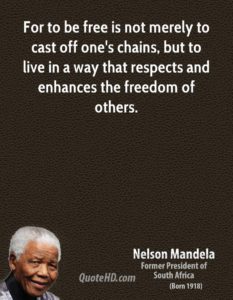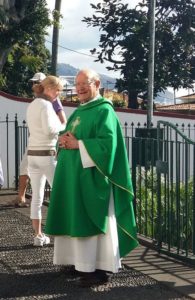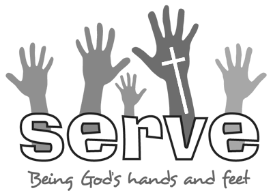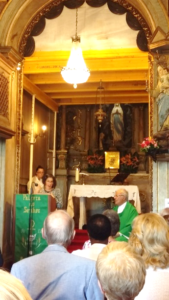FROM MY HEART TO YOUR HEART – The Disturbing Jesus of Nazareth
1.
Jesus is a fascinating man. Jesus is a very kind and a very attractive man. He attracted multitudes. Healed the sick, played with children, left 99 good sheep and looked for the stupid, for the least, the last, the lost, the run-away. And when He found His lost sheep, bleeding, dirty, and smelling like urine and feces, approached her, very gently, with no questions asked, took her in His arms and brought her home.
Sometimes the Sunday Mass can be very beautiful, very alive, and very inspirational and very attractive. Sometimes it can be boring, uncomfortable, challenging and disturbing. The truth is that the Eucharist is never meant to be a Sunday spiritual entertainment.
In today’s Gospel (21st Sunday of the year, Cycle B, John 6: 60-69), Jesus gives to people a completely different image of what His followers thought He was. That sweet and attractive Jesus all of a sudden becomes very disturbing. He talked about eating His flesh. And the biggest challenge was that eating His flesh had disturbing and subversive consequences. What happened then? «Many of His disciples left Him and stopped going with Him. Then Jesus said to the twelve:
What about you? Do you want to go away too? » (John 6: 60-69)
2.
A Disturbing Jesus in a disturbing world
According to the Assistant Director General of the United Nations Food and Agricultural Organization, about one-half billion of the over four billion people who live on earth are at the brink of starvation daily.
Some 200 million children become mentally handicapped or blind due to a lack of nutritious food, and another 10 million succumb to other hunger-related illness. The World Health Organization estimates that approximately one-third of the world’s population is underfed and one-third is hungry. Four million people die each year of starvation and 70% of children under six are undernourished. Equally alarming are the statistics which estimate that approximately three billion members of the human family suffer from chronic spiritual hunger and/or malnutrition.
These hunger pangs must also be recognized, as this hunger can be just as lethal as its physical counterpart. In recognition of this fact, the Church puts the gathered assembly in touch each week with the food that will satisfy its hungers. Each week the community is fed with the Bread of Life, in both word and sacrament; nourished by this essential food, every believer receives the strength needed for continuing to live a committed life. (Celebration)
This is highly disturbing: There is a lady who attends Mass in one of the churches where I help, when she hears me talking about the poor and the suffering she very openly leaves the church during my sermon to return when I finish. It is really an act of protest against bringing to church themes that are «not proper». Nothing new. His disciples did the same. I am afraid that many Christians don’t agree about the «proper themes for a proper church».
Love and Peace
Fr. Bernardino Andrade



